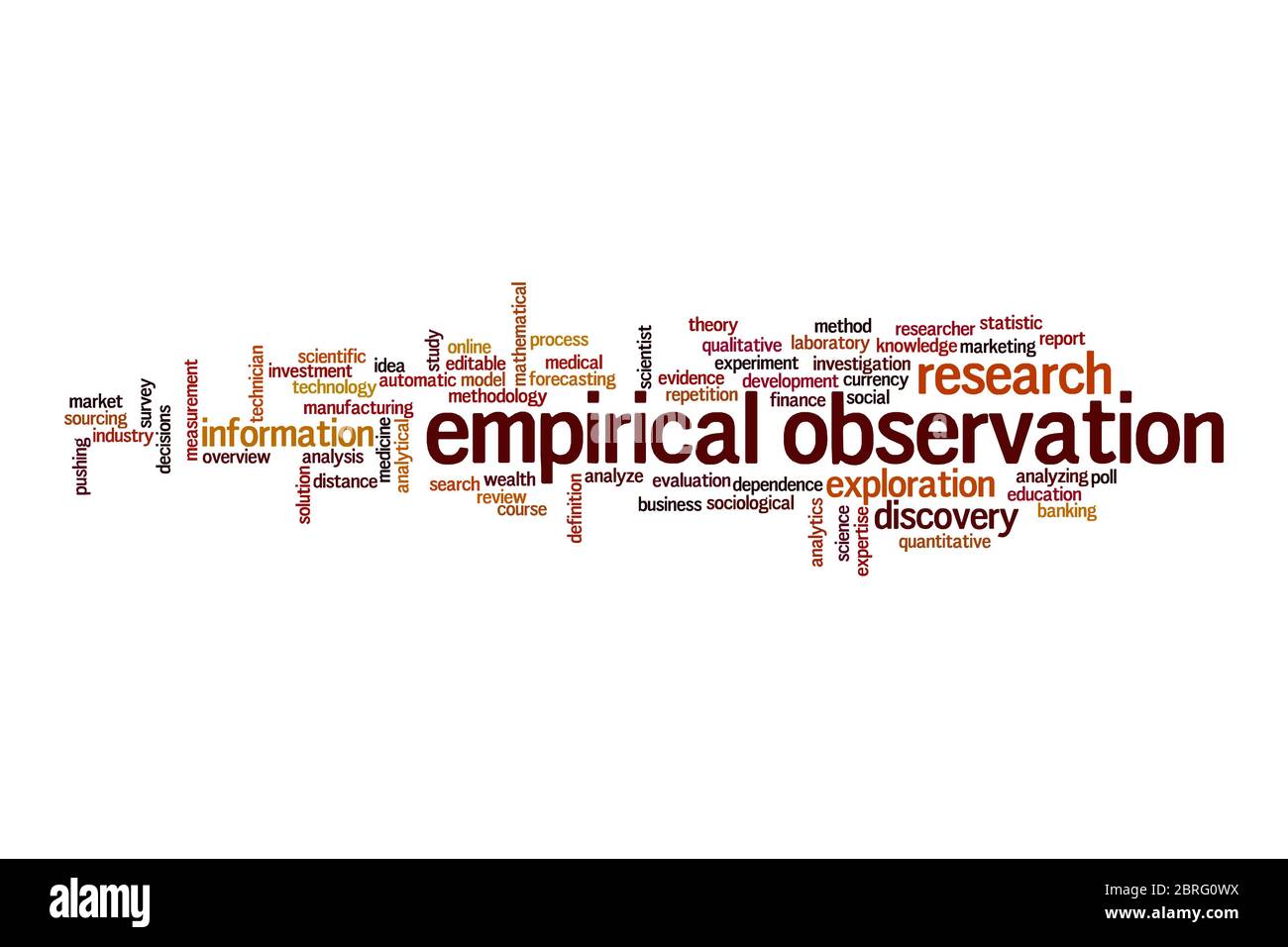

Undoubtedly, the source of evidence for its analysis should mainly be the retrospective interview data of crucial persons. įamily business succession is a long-term process involving three elements: the predecessor, the successor, and the succession process. The critical approach to evaluating narratives in family business entails a rather traditional qualitative analysis, where scholars inductively analyze and interpret a narrative to extend, understand, or develop theoretical frameworks. Because succession is a process involving numerous activities over a protracted period, its temporal factors are an inherently important consideration. have proposed an integrated, four-stage model for the succession process in a family business: defining the ground rules, training potential successors, selecting the successor, and passing the baton at the successor’s establishment. Another essential method is to combine interviews with direct observation to form an evidence database for research.įamily business succession has been one of the hot topics in family business research since the 1950s. One way to reduce data inaccuracy is to calibrate the data sources of multiple respondents. rthermore, files and records are often highly variable in quality, with great detail in some cases and virtually none for other programmatic components. įamily businesses are often privately owned, which restricts the type of secondary data access that is readily available for publicly listed corporations.

It is thus difficult to prevent memory distortion or inaccuracy, as well as any deviation caused by social image and self-esteem. Narrators may gloss over stories, provide an embellished account of what happened or exaggerate the events and facts of intended and realized strategies. However, family business owners and managers are often reluctant to provide sensitive information about their company and family and may be less willing to participate openly in research projects without higher levels of researcher engagement. They are considered the most appropriate method when researchers are trying to understand what respondents consider essential or when research topics focus on deep-rooted values or beliefs and the complex dynamics of family and business.

Interviews are the most commonly used data source for family business case studies. No single source has comprehensive advantages, and different sources are complementary. There are six types of sources of evidence for case studies: documents, archival records, interviews, direct observations, participant observations, and physical artifacts. The case study is the most commonly used qualitative research method in family business research.


 0 kommentar(er)
0 kommentar(er)
